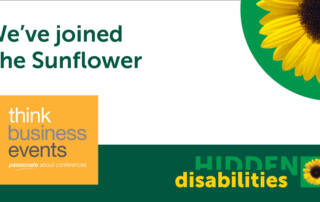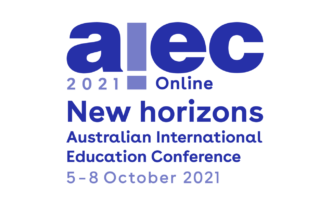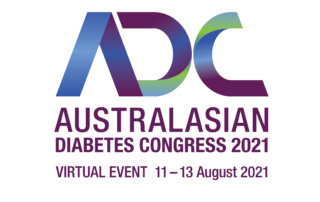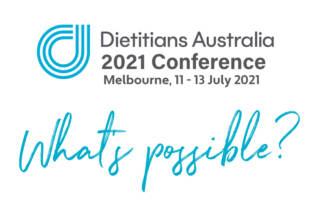Communicating in a crisis
Event management often involves navigating unexpected changes and obstacles, and usually at a moment’s notice. Many of these obstacles are nothing more than a blip, or small workaround, but sometimes these obstacles are big. Really big. A crisis.
At Think Business Events we have experienced our fair share of crises over the past 15 years; everything from city wide water shortages, to floods, an earthquake and now we can add a global pandemic to our list.
A key element of crisis management is how you communicate with stakeholders. Below we have compiled our top takeaways to remember when communicating in a crisis.
Don’t ignore the crisis. Your stakeholders will want information and disengaging from the topic can foster distrust and may result in cancellations. Be transparent and address the situation as appropriate to your event.
Be timely. This doesn’t necessarily mean issuing a message immediately but ensuring you are communicating at appropriate times with pertinent information and updates. Research indicates that first impressions are lasting impressions in crisis situations so it’s worth taking the time to get your first announcement right.
Provide as much information as you can. If you don’t have the answer to a question, acknowledge that and provide details on how you are working to get an answer or when stakeholders can expect more information.
Keep your message consistent. Crises often evolve and require messages to be updated but you want to ensure any changes are a result of new information or developments rather than miscommunications. Mixed messages create confusion and increase demand on your phone and email enquiry lines.
Know your stakeholders and tailor the information to their needs. Your staff, the client, delegates, speakers and suppliers all fulfil different roles within the event, thus the information you provide and the way you communicate will differ slightly for each. Your staff may require and in-person meeting, clients may want daily phone updates, and speakers will need more personalised emails than delegates.
Create a dedicated information hub and FAQ page to base all your key messages, latest updates, any questions you think you may receive enquiries about, and provide links to relevant official sources such as local government, health authorities or weather bureau information. It is then easy to link to this page in email newsletters, social media posts and official statements.
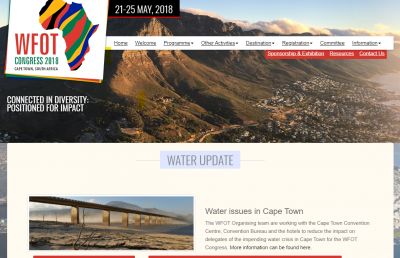
In 2018 Cape Town, South Africa experienced a city wide water shortage. We set up a dedicated webpage to provide delegates with the latest updates.
Most importantly don’t panic! Stakeholders are looking to you for clarity and direction in an uncertain situation, and if you sound frantic this will only increase those feelings among your audience. Aim to issue communications that are clam, accurate, transparent and human.
At the end of the day, crises are out of your control, but the way you talk about them isn’t. A little careful thought to your communications can be the difference between successfully managing an uncertain situation, or making it more difficult than it needs to be.
Is managing your conference an annual crisis? Let us take the hard work off your plate. Contact us to discuss how we can elevate your next conference.
Read More of Our Event Thoughts
- Think Business Events Partners with Hidden Disabilities Sunflower to Enhance Accessibility at EventsKim Stevenson2024-11-25T15:30:49+11:00
Think Business Events Partners with Hidden Disabilities Sunflower to Enhance Accessibility at Events
- How To Prepare When Attending Your First ConferenceKim Stevenson2023-03-20T16:07:18+11:00
How To Prepare When Attending Your First Conference
- Kim’s trip to Geneva and the IAPCO EDGE SeminarKim Stevenson2023-01-27T15:19:43+11:00
Kim’s trip to Geneva and the IAPCO EDGE Seminar
- We asked some of our team ‘What’s in your conference kit?’Kim Stevenson2022-11-21T14:46:55+11:00
We asked some of our team ‘What’s in your conference kit?’
- 6 important things to remember when organising an international conferenceKim Stevenson2022-09-30T16:51:56+10:00
6 important things to remember when organising an international conference
- Case Study: The Australian Defence Science, Technology & Research SummitKim Stevenson2022-10-10T10:47:15+11:00
Case Study: The Australian Defence Science, Technology & Research Summit
- Case Study: The Australasian College of DermatologistsKim Stevenson2022-06-09T11:55:32+10:00
Case Study: The Australasian College of Dermatologists
- Case Study: Royal Australian and New Zealand College of OphthalmologistsKim Stevenson2022-04-07T17:11:31+10:00
Case Study: Royal Australian and New Zealand College of Ophthalmologists
- Case Study: Australian International Education Conference 2021Kim Stevenson2022-02-03T13:17:15+11:00
Case Study: Australian International Education Conference 2021
- 18 months of virtual and hybrid conferencing – these are our top 5 takeawaysKim Stevenson2022-09-27T12:46:37+10:00
18 months of virtual and hybrid conferencing – these are our top 5 takeaways
- Returning to face-to-face events 2.0admin2022-09-27T12:45:07+10:00
Returning to face-to-face events 2.0
- Case Study: Australasian Diabetes Congress 2021Kim Stevenson2022-09-27T12:44:30+10:00
Case Study: Australasian Diabetes Congress 2021
- Celebrating 15 years of Think Business Eventsadmin2021-09-22T14:50:01+10:00
Celebrating 15 years of Think Business Events
- Case Study: Dietitians Australia 2021Kim Stevenson2022-09-27T12:43:44+10:00
Case Study: Dietitians Australia 2021
- Exploring the new world of hybrid eventsKim Stevenson2022-09-27T12:42:53+10:00
Exploring the new world of hybrid events
- Returning to face-to-face eventsKim Stevenson2020-09-02T11:55:48+10:00
Returning to face-to-face events
- Our favourite virtual sponsorship opportunitiesadmin2022-09-27T12:35:50+10:00
Our favourite virtual sponsorship opportunities
- What’s the difference between a webinar and a virtual conference?admin2022-09-27T12:33:27+10:00
What’s the difference between a webinar and a virtual conference?
- Five Stages of the Conference Marketing Cycleadmin2022-09-27T12:27:59+10:00
Five Stages of the Conference Marketing Cycle
- Working from home: Staying productive and connectedadmin2020-04-06T17:26:27+10:00
Working from home: Staying productive and connected


